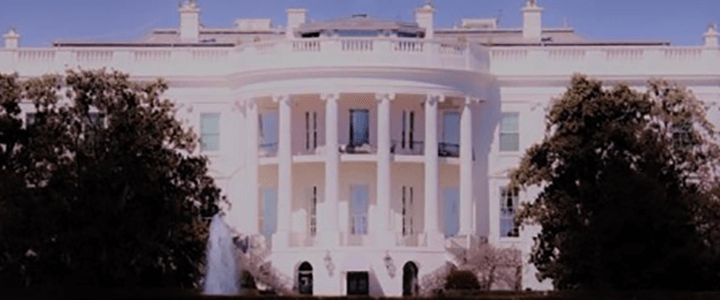Military public affairs officers, the people responsible for coordinating, and in some cases, directly telling the Department of Defense’s story to the American people operate on a very simple set of principles. These principles are based on the idea that the public has a right to know (subject to certain things remaining classified) how the government is spending its money.
Government is supposed to be accountable to the people. Without accurate information, the people cannot make a judgement as to whether the government is living up to its end of the bargain. It’s a simple concept, but so many seem to learn it too late.
A change for Hope
On Tuesday, White House communications director Hope Hicks went to Capitol hill to testify in front of the House Intelligence Committee as part of its investigation into Russian meddling in the 2016 presidential election. By Wednesday afternoon, it was announced she was resigning.
After her testimony, which was behind closed doors but everyone knew would leak immediately, it emerged that while Hicks “had not lied about matters material to the investigations into Russia’s interference in the 2016 presidential election and possible links to Trump associates,” as the New York Times wrote, she had told “white lies” on the president’s behalf.
Lesson learned: when you’re in charge of setting the communications strategy for the president of the United States, don’t testify under oath that you have lied in your job. Chuck Todd, host of NBC’s “Meet the Press” summed it up in a tweet that said “every reporter and viewer/reader now won’t know whether she’s speaking the truth.”
As the third generation of her family — on both sides — to work in the communication field, Hicks should have known better.
Her parents met while working as congressional staffers — her father, Paul, for a Connecticut Republican, and her mother, the former Caye Cavender, for a Tennessee Democrat. Paul Hicks would later serve as the regional CEO of the Americas for Ogilvy Public Relations and as executive vice president for communications and public affairs for the National Football League before joining the prestigious Washington public affairs agency Glover Park Group as a managing director in the strategic communication practice.
DOD Principles of Information
When I wasn’t deployed as a Reservist, I have worked in communications roles in politics, the military, and government for most of my adult life. I can say without reservation that while I have made mistakes, I have never lied in the course of my duties. Because when it’s your job to tell your organization’s story, or as public relations practitioners like to say these days, facilitate a dialogue between the organization and its publics, your credibility is the only currency you have.
When you lie, you will get caught. And when you get caught, no one will ever believe anything you say again. It’s a lesson the military learned a long time ago. More PR people, in both politics and business, should take heed.
The honor code at West Point is simple and straightforward: a cadet will not lie, cheat, or steal, or tolerate those who do so. DOD’s “Principles of Information,” formalized in 2001 under Secretary of Defense Donald Rumsfeld, are similarly simplistic. They can be summarized in the maxim “maximum disclosure with minimum delay.”
The rules are straightforward. Since the public has a right to know as much as you can tell them, you have an obligation to tell them as much as you can. There are limits imposed by privacy laws or by legitimate security concerns. Barring those, nothing should be withheld.
That’s not to say that things aren’t “spun.” Every organization, the DOD included, will try to phrase its statements in a way that mitigates any potential harm to the organization. Military leaders (corporate ones, too) are taught “bridging” phrases like “what’s important to keep in mind is…” or “while that may be true, it’s also true that…”
Those phrases are designed to ensure that additional information enters the conversation so the reader or viewer can synthesize all the information within a larger context. It is not the same thing as lying to make your boss look good.
My government public affairs and strategic communications compatriots, who remain in place regardless of who is running the government, work hard every day to ensure the American public has the information it needs to evaluate the quality of the work its government does. I only wish more politicians followed the same philosophy.




